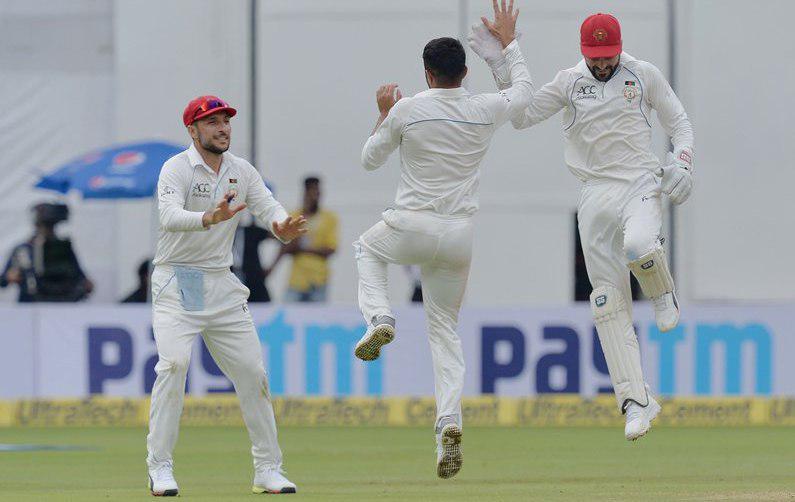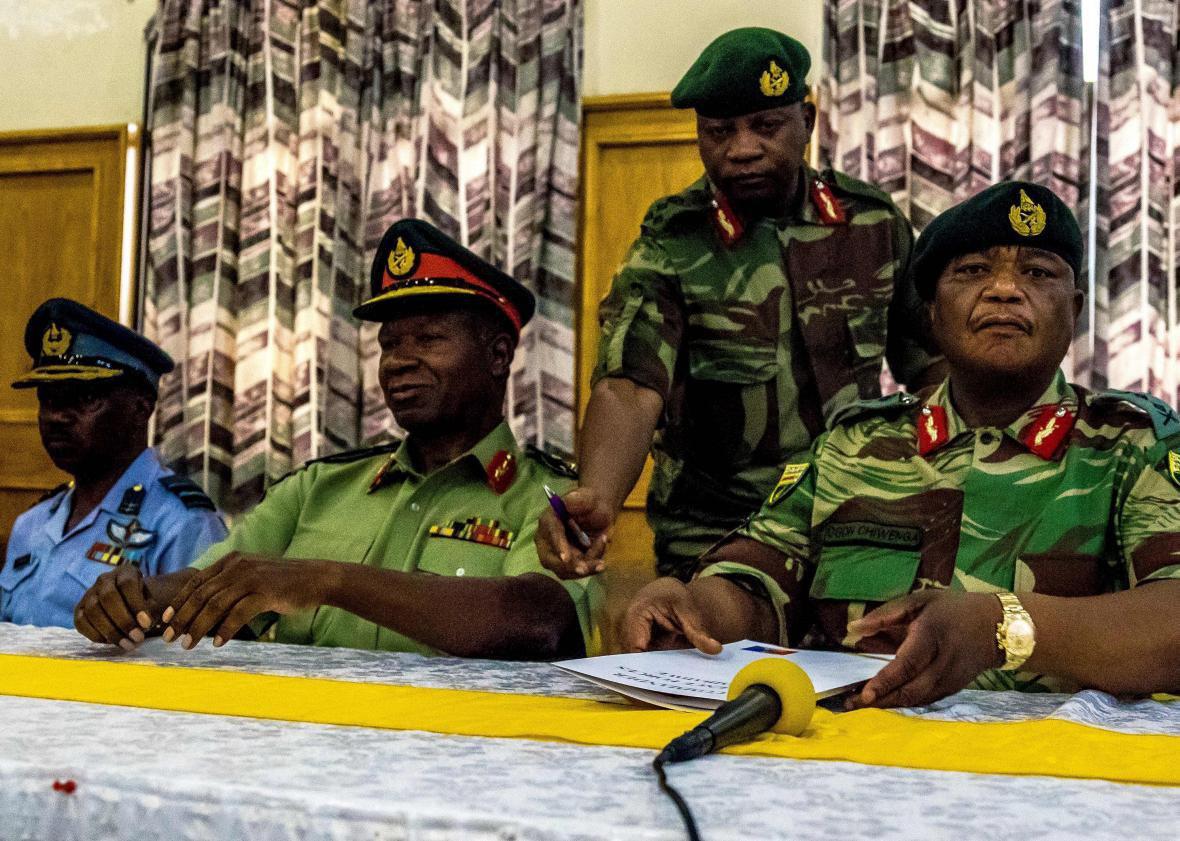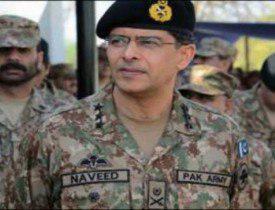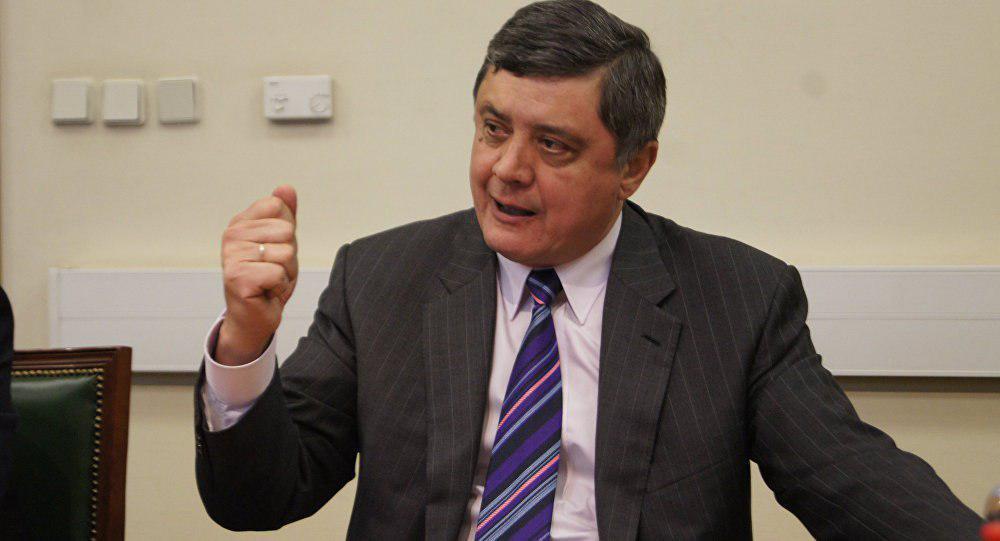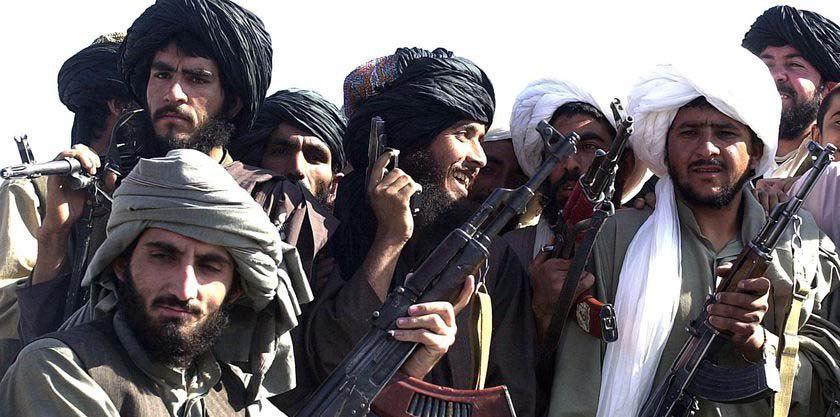What Role Can Turkey Play in the Afghanistan Peace Process?
For Turkey, Afghanistan has never felt distant, historically or socially. Centuries ago, Turkic peoples migrated to Anatolia from Khorasan, the ancient region covering today’s Afghanistan and beyond. Today these ties are still alive

Since Turkey joined NATO in 1952, its relationship with the United States has been of a strategic nature. The 9/11 terror attacks against the United States by Al-Qaida reinforced their cooperation in the fight against terrorism in all its forms and manifestations, with Afghanistan another theatre where the two have been comrade-in-arms. They have worked side by side in all operations and missions in Afghanistan, and this will be the case in the coming years too. It is, therefore, no coincidence that the Biden administration has asked Turkey to host a summit meeting on Afghanistan next month.
From the outset Turkey and the United States put their soldiers in harm’s way in Afghanistan. At every critical stage they enhanced their cooperation to achieve a lasting peace. Turkey led the International Security Assistance Force (ISAF) twice and supported it until it expired. It also undertook the Kabul Command as part of Resolute Support Mission as well as the operation of the Kabul International Airport.
On March 7, U.S. Secretary of State Antony Blinken sent a letter to President Ashraf Ghani emphasizing the urgent need to achieve peace in Afghanistan. He clarified that the Biden administration’s policy is still under review, but the peaceful settlement of the conflict remains a priority. The letter informed Ghani of the plan to hold a UN-facilitated conference in Turkey, in which international and regional stakeholders will try to reach a negotiated settlement and an agreement on an immediate ceasefire. Attached to the letter was a roadmap for power-sharing, and notably for a “peace government.” Turkey’s government subsequently announced the conference would be convened in April.
On March 18, UN Secretary-General Antonio Guterres appointed the veteran French diplomat Jean Arnault as his personal envoy on Afghanistan and regional issues. On the same day, an Afghanistan peace conference was held in Moscow, hosted by the extended “troika” of Russia, the United States, China, and Pakistan, in the presence of the representatives of the two conflicting sides as well as Turkey and Qatar as observer countries.
Following this recent momentum, the conference may allow a power-sharing arrangement to be ironed out. Given its deep historical bonds with Afghanistan and regional outreach, as well as its membership in NATO and partnership with the EU, Turkey is uniquely positioned to help facilitate a peaceful settlement in Afghanistan.
The U.S.-Taliban Peace Deal
In the past decade, when reconciliation emerged as an exit strategy from Afghanistan for the international community, the Taliban consistently refused direct negotiations with the government. Instead, it was always adamant on talking directly to the United States. In 2018, the Trump administration decided to negotiate directly with the Taliban in Doha, Qatar, the venue of its political office. After almost two years of talks, the U.S.-Taliban accord was signed in February 2020. The Taliban was to sever ties with Al-Qaida and enter into direct talks in good faith with the government to reach a political settlement, while the United States would withdraw its forces by May 1, 2021.
After intense negotiations, the deal included an agreement to release up to 5,000 Taliban prisoners held by the government in exchange for up to 1,000 members of the Afghan National Security Forces captured by the Taliban before the start of direct talks. Finally, last September the direct talks between the government and the Taliban began. So far there have not been any encouraging results.
The Biden administration is now reviewing the deal and the United States’ Afghanistan strategy. Three distinct views have emerged in Washington: almost complete adherence to the deal including withdrawal, incremental withdrawal of U.S. forces, and remaining in Afghanistan to avoid squandering achievements of the last two decades. The administration has made it clear it will consult with its NATO and European allies before taking a final decision. This explains in part the meeting in Turkey.
Turkish-Afghan Relations
For Turkey, Afghanistan has never felt distant, historically or socially. Centuries ago, Turkic peoples migrated to Anatolia from Khorasan, the ancient region covering today’s Afghanistan and beyond. Today these ties are still alive. People-to-people affinities and state-to-state relations have remained strong. The Turkish people made important contributions to Afghanistan during the Soviet invasion and after 9/11.
Since the 9/11 terror attacks and as part of the ensuing initiatives by the international community, Turkey once again chose to help Afghanistan build a better future in peace and stability. Aid to the country is the largest in Turkey’s history and it is sustained in each cycle of donor conferences. Ankara provided $75 million in aid for the next two years at the 2020 Geneva Conference on Afghanistan.
Turkey has trained over 5,000 military personnel and about 10,000 police officers in Afghanistan in the framework of NATO’s Train, Advice, and Assist mission. Last December, it decided to extend the term of its military contingent deployed in the country for 18 months until the end of June 2022, well beyond the deadline set for the withdrawal of U.S. troops. Any adjustment in NATO troop numbers in Afghanistan will not affect the Turkish presence. The decision by the Trump administration to reduce the number of U.S. troops was a setback for NATO-led stability efforts and contravenes the principle of “in together, out together.” It has left the alliance walking a tightrope over how to adjust its presence, in contrast to the transition from ISAF to Resolute Support, which was the subject of intensive consultations within NATO.
Turkey’s Role in the Peace Process
Afghanistan is unfinished business, requiring attention from the region as well as the international community. But the U.S.-Taliban deal is an important milestone toward a free country, at peace at home and abroad. That goal is hard to achieve at a time when radical segments of the Taliban continue to stage violent attacks in Afghanistan. Utmost vigilance, therefore, must be exercised throughout the ongoing process. All actors involved should be on guard to maintain the momentum achieved in the past two decades. The fragility in Afghanistan persists and pockets of instability remain.
It is in Turkey’s interest to fully support the Doha process and keep alive all channels of dialogue within the country at the coming meeting. Its diplomacy can reach out to all of Afghanistan’s neighbors to address in earnest how to surmount the challenges impeding peace and stability in the country. That broader dialogue could be complemented by a new effort to build a regional cooperative scheme. The 2011 Istanbul Process served its purpose; now is the time to build a new and more robust cooperative framework for lasting peace. It is, therefore, incumbent upon Turkey and Afghanistan to immediately start consultations to achieve that end.
In particular, Turkey should seek to reengage Pakistan to the fullest extent possible. Pakistan itself suffers from religious extremism and inter-ethnic conflict, and it needs friendly support to overcome those challenges. To this end, Ankara should reenergize the Turkey-Afghanistan-Pakistan trilateral dialogue without delay. In the past, this effort yielded modest results. At this point a renewed initiative involving Pakistan across the board could be a good start.
Peace and stability in Afghanistan depend on successfully managing the sensitive internal balances among various ethnic communities. This necessitates a result-oriented regional dialogue. Without one, efforts to reach an enduring peace would likely be flawed. Hence the need for concerted efforts starting from within Afghanistan and extending across the region.
It is timely that Turkey finally decided this month that it will appoint a special envoy for Afghanistan. That person should be able to have access not only to authorities in Afghanistan but also in surrounding countries. The special envoy should see to it that efforts in Afghanistan are in sync with regional initiatives and international efforts outside the region.
Turkey could also ensure the Afghan challenge remains on the NATO agenda. That necessitates regularly informing allies of developments, including regional efforts. Afghanistan did not feature strongly in the NATO 2030 Report. Given the potential withdrawal of U.S. forces, it is high time to flesh out more NATO’s Enduring Partnership scheme. The ultimate objective here is clear: Not letting Afghanistan turn back into a safe haven for terrorism and creating the grounds for peace and stability.
Before May 1, 2021, it is important for Turkey to engage the Biden administration with a view to limiting the potential damage Afghanistan may face as a result of an untimely U.S. withdrawal. The United States is already becoming more aware of the potential risks. Afghanistan could also be included as a standing item in Turkey’s dealings with the EU. The plight of Afghan irregular migrants is an important matter it can raise with the EU, complementing Afghanistan’s own contacts. Turkey might also explore options to treat Afghan migrants like the Syrians who have taken shelter in the country.
Turkey could also take the lead in helping Afghanistan increase its regional connectivity. Deepened cooperation on the Lapis Lazuli project to tie the country’s landlocked economy to neighboring countries as well as to east- and west-oriented seaports would set a good example. This ambitious project will in the long run benefit not only Turkey and Afghanistan, but also their neighbors and the EU.
Turkey has pledged to maintain its presence in Afghanistan so long as Afghans want it. Its position rests on enduring bonds between the two countries embracing all segments of their societies without any discrimination. In 2021, Afghanistan is once again at a crossroads. Turkey and Afghanistan as well as the international community must again combine their efforts to attain lasting peace and stability in the country and the surrounding region.


